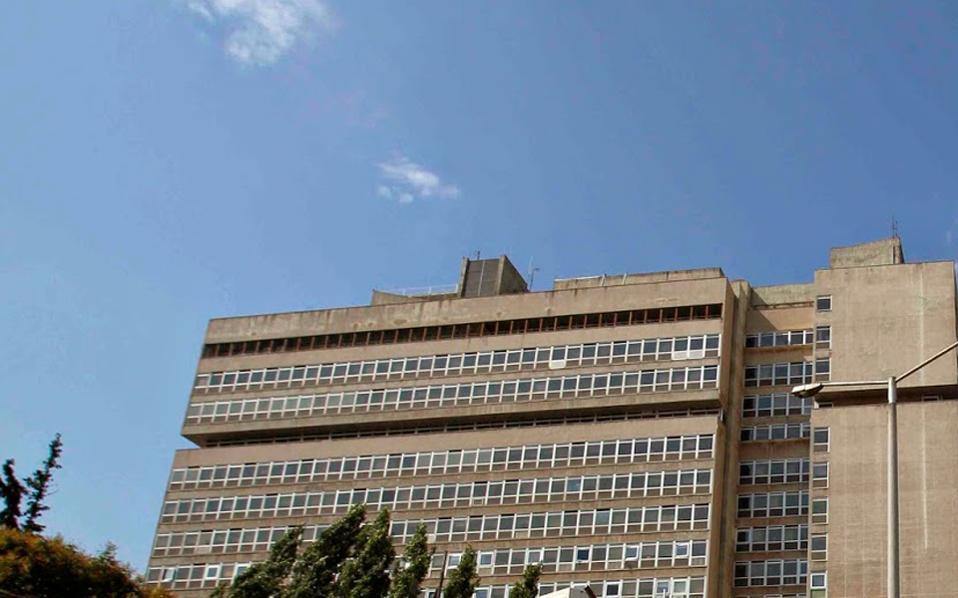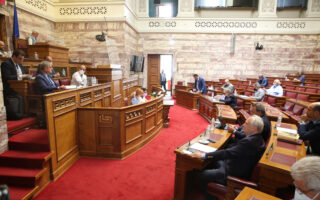Gov’t ponders day after wiretapping
Changes to intelligence service’s operation framework in order as new political landscape emerges

Amid the backlash of the wiretapping affair, with the attempted bugging of Socialist leader Nikos Anrdoulakis’ mobile phone, the government is seeking to ascertain the new political landscape the case is leaving in its wake.
With the early resumption of Parliament on August 22, Greece will enter a prolonged election period, and a far more polarized one at that, after the communication breakdown between ruling New Democracy and PASOK, and Prime Minister Kyrikaos Mitsotakis and Androulakis on a personal level.
The prevailing assessment within the government is that despite the shock and expected damage from the revelations about the surveillance of the PASOK leader, the government’s image may yet be salvaged.
Mitsotakis’ associates insist that he has shown the right reflexes in dismissing National Intelligence Service (EYP) chief Panagiotis Kontoleon, and accepting the resignation of the director of his office, Grigoris Dimitriadis. But they also acknowledge that hurdles remain that could completely turn the tables.
First, the government must prove Mitsotakis had no knowledge EYP had proceeded to monitor other political figures, journalists or businessmen under the pretext of “national security” reasons. Although there are no relevant indications or information, the possibility cannot be ruled out, since Kontoleon never informed the Prime Minister’s Office that Androulakis was under surveillance.
He did not even do so when he appeared together with State Minister Giorgos Gerapetritis before the Parliament’s Committee on Institutions and Transparency, which met to discuss the attempted surveillance of PASOK’s president with the illegal Predator software, nor subsequently.
For now, the government is focused on the formulation of a new framework for the operation of EYP, to which Mitsotakis committed last Monday.
The government is already examining specific measures and practices in force in other European countries.
In particular, it is considering the introduction of a graduated level of safeguards for political figures in order to provide for the lifting of the confidentiality of telecommunications. Additional “filters” – judicial or political – could be introduced to enable surveillance in criminal cases, as was the case with Golden Dawn, or for national security reasons.
Other moves include expanding the number of people who know the identity of the person being monitored. Until now, only the EYP chief and a prosecutor had knowledge of the target of any legal wiretapping.





